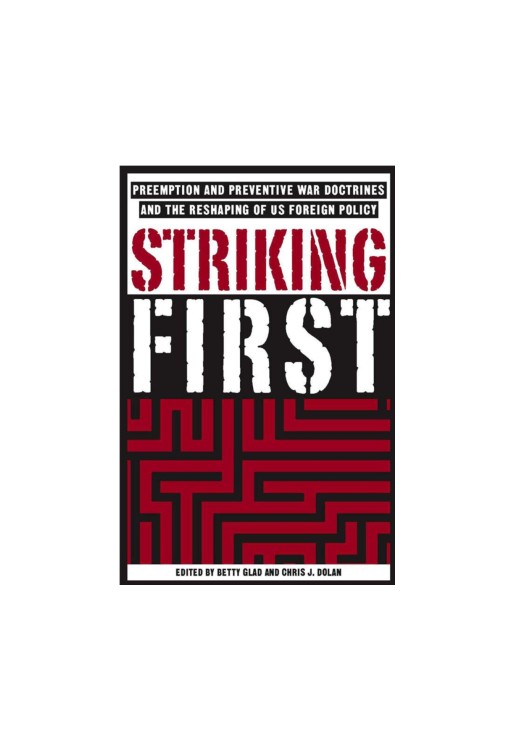How have the September 11th terrorist attacks and the subsequent U.S. led war on terrorism impacted American foreign policy at home and abroad? The consistent theme throughout this collection of essays is that September 11th was a watershed event, which sparked a redefinition and reassessment of U.S. foreign policy, governmental institutions, and the public's sense of internal and external security. The Bush Administration's endeavor to remake American foreign policy with an emphasis on a preemptive, first strike doctrine and its attempt to build an internal security apparatus are not only consequential in the war on terrorism, such efforts are challenging the very fundamentals of American political life and its perception throughout the world.
Introduction; C.Dolan & B.Glad PART I: US FOREIGN POLICY IN CONTEXT President Bush and the Doctrine of Preemption; C.Dolan US Anti-terrorism Policies in Context; D.Tucker Dealing With Tyrants: When Deterrence has Worked; B.Glad The UN and the Legal Status of Pre-emptive War; R.Coate US Policies to the European Union: The Responses of Old Europe and the New; D.Puchala The US and Iraq: Potential Consequences for Stability in the Middle East, C.Henry Perceiving the Problem: Pursuing Nuclear Weapons or Building Nuclear Power?; J.Hymans PART II: THE POLICY MAKING PROCESS Policymaking in the Inner Circle The Vice President Ascendant in Foreign Policy Decision-making; J.Lechelt George W. Bush and Presidential Leadership; M.Genovese Winning Congressional Support in the War on Terrorism Pre-emptive War, Unilaterialism and US Foreign Policy Elites; O.Holsti PART III: DOMESTIC REPERCUSSIONS The Politics of Homeland Security; D.Cohen The Political and Legal Status of Detainees: Extensions of Presidential Power; D.Lanier The Bush Domestic Agenda: Lessons from Vietnam Expansion of the Presidential War Powers; L.Fisher Implications for Democracy; W.Crotty Broader Implications for the American Empire; R.Jervis Conclusion; C.Dolan & B.Glad


